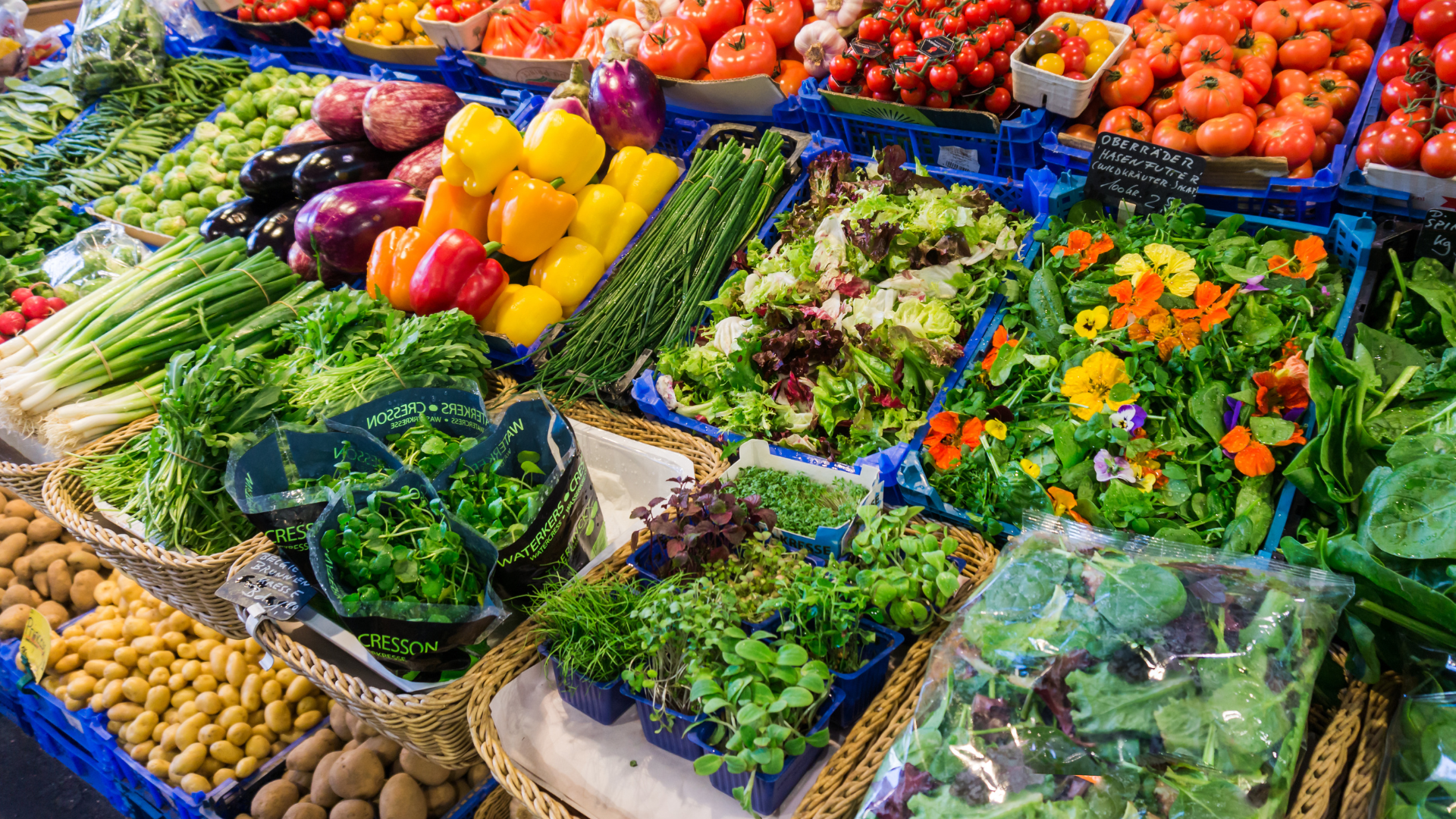Food security is a pressing issue, and World Food Day 2025 serves as a reminder that innovative approaches to agriculture are crucial for a sustainable future. With rising populations, climate change, and resource constraints, agricultural innovation is not just an option—it’s a necessity.
Why is innovation in agriculture crucial for food security in 2025? Here’s why:
Some of the most exciting innovations in agriculture today include:
By investing in innovative farming techniques, we’re not just solving the immediate challenges of food insecurity. We’re also setting the stage for a more sustainable and resilient food system:

As we celebrate World Food Day 2025, it’s important to recognize that agricultural innovation is the key to solving the global food crisis. By embracing new technologies and sustainable farming practices, we build a world where food security is no longer a challenge but a guarantee.